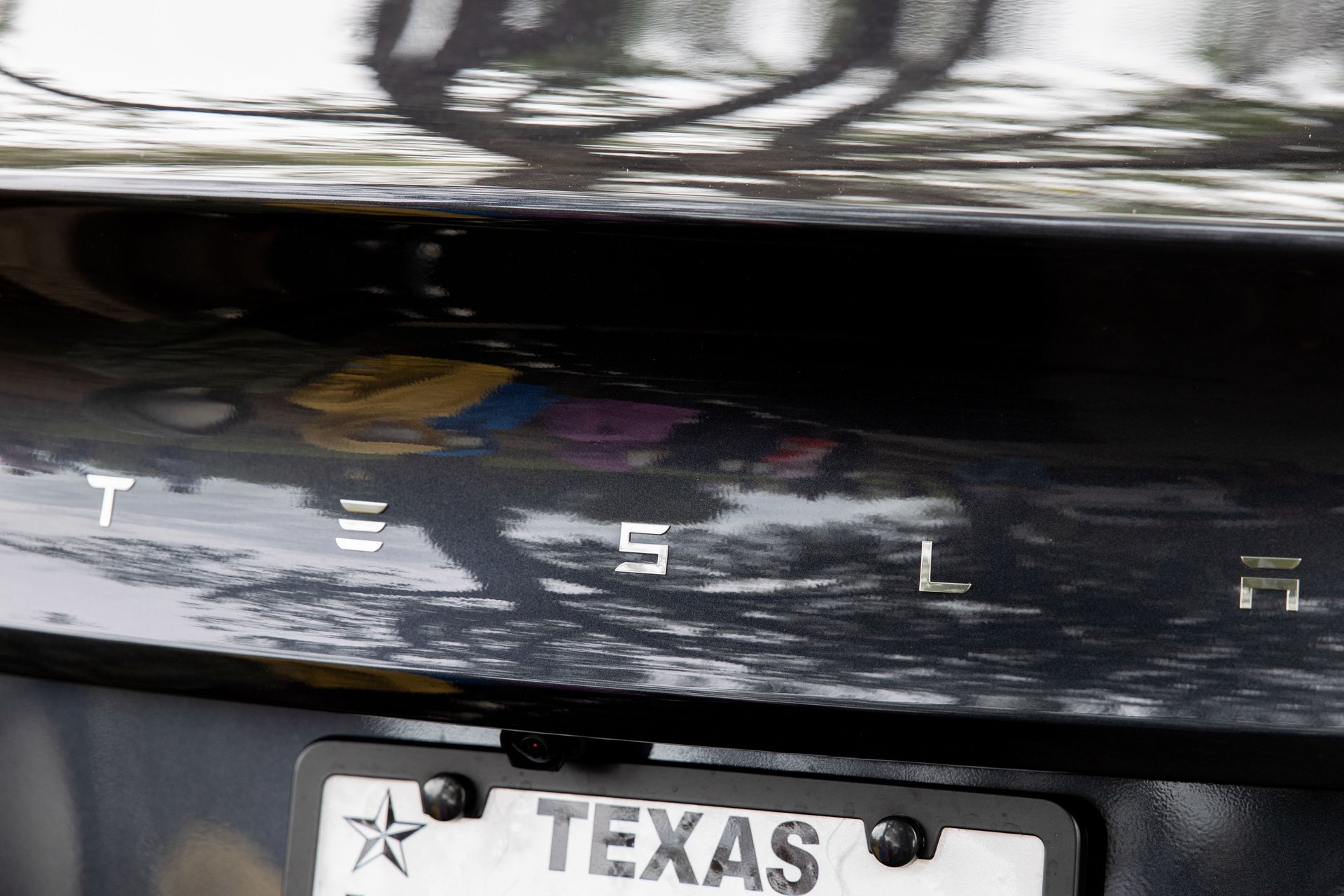Samsung will make AI chips for Tesla in a $16.5 billion deal
Samsung soared to its highest stock price since September on the news, while Elon Musk can continue to position his company as a big player in AI

Kaylee Greenlee/Bloomberg via Getty Images
Samsung didn’t build a $40 billion chip plant in Texas to let it sit empty. Now, Elon Musk is giving it something to do.
Suggested Reading
Tesla just signed a $16.5 billion, multiyear deal with Samsung to manufacture the company’s coming AI6 chips, the latest iteration of the custom silicon that powers Tesla’s vehicles, robots, and AI infrastructure. The contract runs through 2033 and makes Samsung the primary foundry partner for the AI6, with production based at the electronics company’s facility in Taylor, Texas.
Related Content
Stocks moved fast on the news: Samsung shares surged roughly 7%, hitting their highest level since September, while Tesla rose around 1-2% in early trading amid signs that Musk’s in-house AI empire is getting the infrastructure it needs to move beyond cars. But the EV-maker’s shares still remain down over 15% for the year after a volatile first half (including a rough second-quarter earnings report).
Musk announced the deal on X over the weekend, framing it as the floor, not the ceiling. “The $16.5B number is just the bare number,” he wrote, adding that actual output “is likely to be several times higher.” He also said he “will walk the line personally to accelerate the pace of progress,” half-jokingly talking about the fab’s proximity to his Austin home. That kind of visibility — both literal and strategic — could give Tesla leverage it didn’t have with overseas chip fabs.
“The strategic importance of this is hard to overstate,” Musk wrote. And as his company continues to struggle, he needs that to be the case.
The relationship between these two companies isn’t new. Tesla already uses Samsung’s silicon in its current-generation Hardware 4 systems, which power the current version of the EV-maker’s Full Self-Driving (FSD) capabilities. But Tesla shifted production of the AI5 to TSMC (to be produced first in Taiwan but soon in Arizona). This new deal pulls Samsung back into the center of Tesla’s AI roadmap, giving it the nod for AI6 — a chip expected to roll out around 2027 or 2028.
What’s powering Tesla’s demand isn’t just vehicles. The company’s chips run across a growing stack of products: FSD systems, the coming (but delayed) Optimus humanoid robot, and the company’s AI training clusters. The move also positions the company to reduce its reliance on third-party hardware from Nvidia and AMD as Tesla continues to build a vertically integrated AI stack. That means more custom chips, more foundry space, and more supplier leverage. Samsung is now a direct beneficiary.
Tesla’s broader context sharpens the stakes. The company is fresh off its Q2 earnings, in which Musk warned of choppy quarters ahead, but investors are laser-focused on the company’s AI-led ambitions — robotaxis, robots, and Dojo-powered training centers all point toward a bigger AI stack that runs on custom chips.
The move also fits Musk’s — and President Donald Trump’s — broader “onshoring” streak. Musk, from Gigafactories to supercomputers, has increasingly shifted production onto U.S. soil. With Samsung’s fab just a short drive from Tesla’s Gigafactory Texas, the logistics — and the optics — work in his favor.
For Samsung, the agreement is both a breakthrough and a test. Its U.S. foundry business has struggled to attract major customers despite massive capital outlays and a flood of incentives from the Biden administration’s CHIPS Act. Delays, yield issues, and fierce competition from TSMC have limited Samsung’s market share to just 8% of global foundry revenue. Tesla, meanwhile, is exactly the kind of customer Samsung needed: deep pockets, long timelines, and an appetite for bleeding-edge AI chips.
Still, the deal could squeeze Samsung’s margins, especially if Tesla demanded (as some analysts seem to think) favorable pricing to offset the foundry’s relative inexperience. And while A16 production is expected to soon ramp up, Samsung’s ability to hit the timeline and deliver chips at Tesla’s scale could still be a challenge. But if Samsung can deliver, the company could draw more high-end clients to its U.S. operations. And if Tesla’s AI6 rollout goes according to plan, the deal could mark a turning point in how the automaker controls its AI future — from chip to bot to car.
